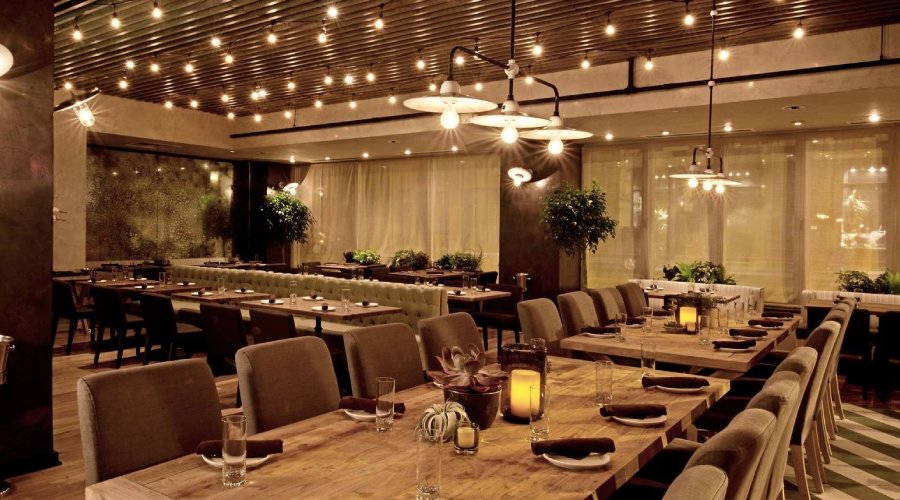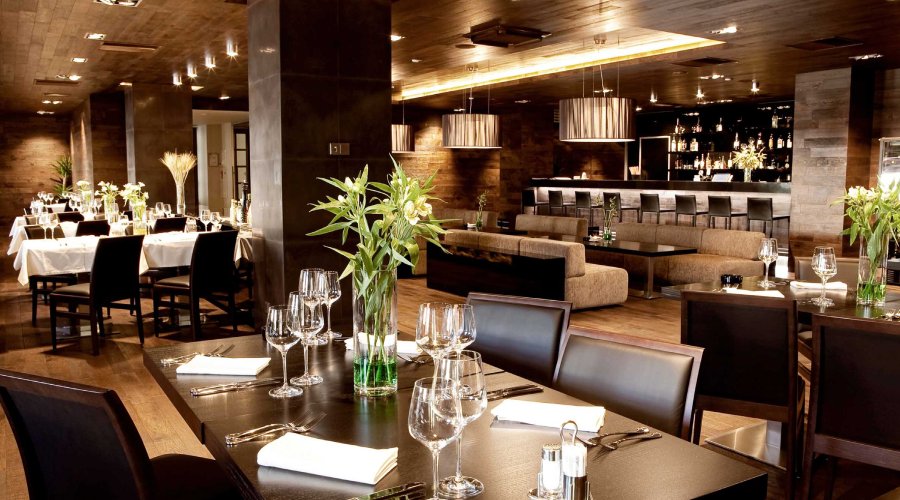Dubai, a beacon of modernity and opulence, continues to attract global attention as a premier tourist destination. The city’s ambitious architecture, luxury shopping, and vibrant cultural scene draw millions of tourists annually. Understanding how pivotal the hospitality industry is to Dubai’s economy, this article serves as a comprehensive guide for entrepreneurs interested in setting up a company in Dubai, specifically within the hospitality sector. The diverse influx of tourists, ranging from luxury seekers to business travelers, presents unique opportunities for new hospitality ventures. Entrepreneurs must analyze these demographics to tailor their offerings effectively.
Legal and Regulatory Framework
Launching a hospitality business in Dubai involves navigating a detailed legal and regulatory framework designed to maintain the city’s high standards. Entrepreneurs must first secure a business license from the Dubai Department of Economic Development, which involves choosing the correct license type, such as commercial, professional, or tourism. The Dubai Tourism website provides essential insights into specific regulations, including health codes, employment laws, and the necessary approvals for alcohol and entertainment services.
Choosing the Right Business Model
In Dubai’s competitive hospitality market, selecting the appropriate business model is crucial. Independent ventures offer creativity and autonomy, while franchises bring established brand recognition and operational frameworks. Joint ventures or partnerships can also be beneficial, providing local knowledge and additional capital resources. Each model comes with its own set of challenges and benefits, and the choice depends on the entrepreneur’s capital, experience, and business vision.

Location and Facilities
The success of a restaurant or hotel in Dubai heavily depends on its location. Proximity to popular landmarks, such as the Burj Khalifa or Dubai Marina, can significantly increase foot traffic. However, these areas also face high competition. Facilities must not only meet but exceed the expectations of discerning tourists, incorporating modern design, exceptional amenities, and seamless service. Whether building anew or leasing, the layout and design must align with the brand’s image and target clientele.
Staffing and Operations
Recruiting competent staff is another pillar crucial to the success of any hospitality business in Dubai. The city’s multicultural environment means that staff must not only be skilled but also adept at interacting with people from diverse backgrounds. Utilizing advanced operational technologies such as point-of-sale (POS) systems and digital reservation platforms can enhance efficiency and customer satisfaction. Staff training in these areas is essential to maintain the expected high standards of service.
Marketing and Branding Strategies
Creating a distinct brand identity that appeals to international tourists is vital. Effective marketing strategies might include digital marketing through platforms like Instagram and Facebook, where visual content can significantly attract tourists. Collaborating with travel agencies and utilizing promotional events can also draw attention. Maintaining a robust online presence with positive customer reviews is crucial for reputation management. Entrepreneurs should leverage all available channels to craft a compelling narrative that resonates with their intended audience.

Financial Considerations
Understanding the financial landscape is critical for any new business. The initial investment can be substantial, with ongoing operational costs such as staffing, maintenance, and marketing. Entrepreneurs should conduct thorough financial planning, including break-even analysis and return on investment projections. Various funding options are available in Dubai, including bank loans and venture capital, depending on the business scale and setup.
Challenges and Solutions
Entrepreneurs in Dubai’s hospitality industry may face challenges such as stringent regulatory requirements and seasonal fluctuations in tourism. To mitigate these issues, maintaining flexibility in business operations and continuously adapting to market changes is imperative. Regularly updating business strategies to reflect current trends and regulatory updates will help in navigating these challenges effectively.
Future Outlook and Opportunities
The future of Dubai’s hospitality industry looks promising with the government’s continued focus on tourism and infrastructure development. New trends, such as eco-friendly practices and niche tourism markets, offer fresh opportunities for innovative business models. Entrepreneurs who are quick to adapt and innovate will find Dubai a fertile ground for hospitality ventures.
Conclusion
Setting up a hospitality business in Dubai requires thorough preparation, from understanding the market to executing a detailed business plan. However, the potential rewards are significant, given Dubai’s stature as a global tourist hub. By focusing on strategic planning and operational excellence, entrepreneurs can successfully tap into this dynamic market. Check out SORP for more information.
For further details, potential investors and entrepreneurs can also refer to official resources such as the Dubai Chamber of Commerce and the Dubai Department of Economic Development.


